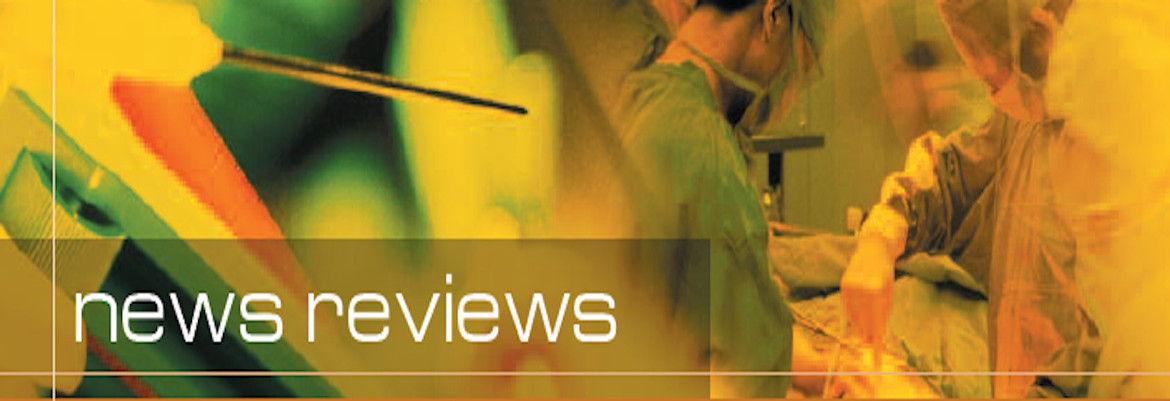The amounts involved are growing. In 2017 the National Audit Office stated that spending on the Clinical Negligence Scheme for Trusts had quadrupled during the previous ten years - from £0.4bn to £1.6bn, while successful damages awards had risen from 2,800 to 7,300. The cost of the claims was rising at a faster annual rate than overall NHS funding. [2]
Behind these figures are heartbreaking stories of patients who have died or been harmed whilst under the care of the NHS, in ways that should have been avoided. It is entirely right that families who have tragically lost someone through real negligence should have recourse to appropriate compensation.
But is the NHS really becoming a more dangerous and error-prone place? Doubtless, complexity increases as technology and treatment options advance, but equally, there is a growing safety and learning culture within the NHS.
Are other, darker forces also at play, such as unrealistic expectations, an unwillingness to accept imperfection, and a culture of blame? As a prison GP, I have heard many situations where a relatively minor issue is seen as an opportunity to 'put in a claim', stoked by no-win-no-fee legal assistance. In some cases, litigation can even feel like the National Lottery - a game to play where you just might win big.
Dr Christine Tomkins, Chief Executive of the Medical Defence Union, said: 'This is money that should be going to healthcare... We are now awarding compensation in sums of money higher than almost anywhere in the world. What we need is a fundamental change to the legal system.' [3]
Sadly, families may often come looking for answers and only resort to legal action when NHS staff appear to be closing ranks. We need understanding on both sides - of the immense pressures that NHS staff and systems are under, and the difficulties that patients and families may have in understanding that despite the best efforts of NHS staff, things can still go wrong.
As Christians within the health service, we have a responsibility to be salt and light. We should be improving systems, acting with integrity, being willing to speak out where problems are being ignored or covered up, and modelling compassion and humility in the way we respond to angry or grieving people when things really have gone wrong.
































